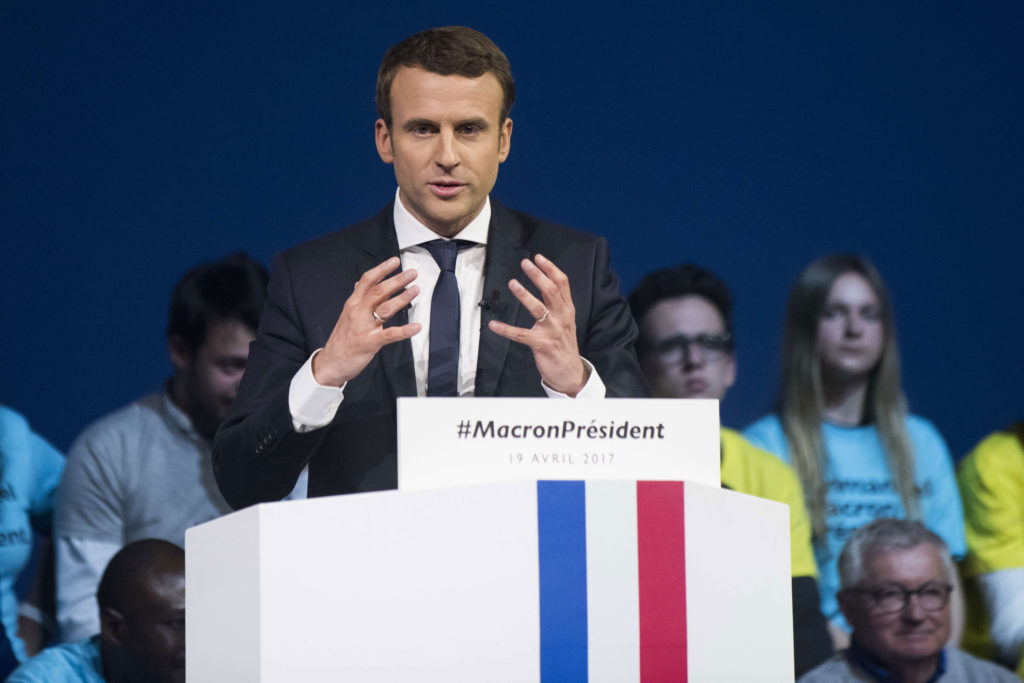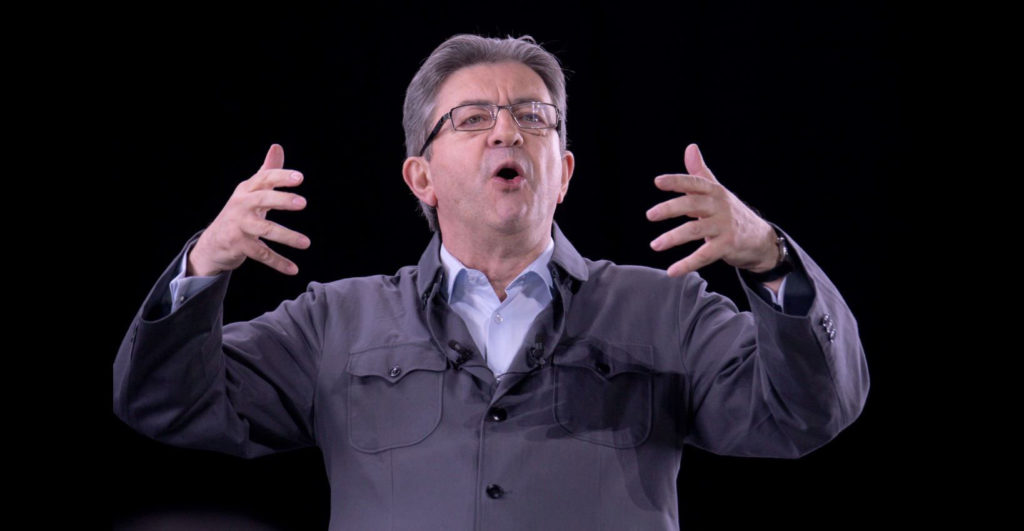Key Players in the French Presidential Election
Daniel Kochis /
France is only a few days out from the first round of its presidential elections—a contest that could go down to the wire.
The election on Sunday features several key issues of concern to French voters, among them being terrorism and the failure to assimilate immigrants into French society. This week’s foiled terror plot, planned to coincide with the election, is a vivid reminder of the ongoing threat French citizens face.
In addition to terrorism, a sluggish economy with 10 percent unemployment and nearly one-quarter of young workers unemployed will likely also be a top consideration for voters.
The first round of the French presidential elections will set the stage for two final candidates to face off on May 7.
Marine Le Pen, who leads the National Front, is a favorite to reach the second round.
Le Pen has said she would “decide on a moratorium on all legal immigration to stop this frenzy, this uncontrolled situation that is dragging us down.” She has described the European Union as a “European Soviet Union” with the National Front platform promising to withdraw France from the eurozone.
She is also cozy with Russian President Vladimir Putin and paid Moscow a visit in March. Her National Front party has received financing from Russian banks. Le Pen has blamed the United States for instigating a new Cold War, and her party’s manifesto calls for France to withdraw from NATO.
>>> In French Election, the Far Left and Right Target EU as Common Enemy
According to polls, another leading candidate is independent Emmanuel Macron who founded En Marche!—a socially liberal, pro-EU political party—in April 2016. Formerly a member of the Socialist Party and former minister of the economy, industry and digital affairs, Macron has praised German Chancellor Angela Merkel’s open-door refugee policy.

Polls show independent candidate Emmanuel Macron with a narrow lead. (Photo: Sebastien Salom-Gomis/Sipa/Newscom)
Macron has campaigned for deeper European integration, expressing support for defense integration, harmonization of tax policy within the eurozone, and has stated, “You cannot be tentatively European; otherwise it’s already lost.”
Macron has campaigned to overhaul the French welfare and pension system, but has also campaigned in favor of prioritizing European companies, expressing support for a Buy European Act.
François Fillon, who was prime minister during the presidency of Nicolas Sarkozy, is the candidate of the center-right Les Républicains party.
Once the frontrunner, Fillon’s campaign has been embroiled in scandal. He is accused of corruption in part due to accusations he gave his wife a fake government job worth hundreds of thousands of euros.
Fillon has a base of religious Catholics, as well as supporters in the finance and agriculture sectors. He has enjoyed a late surge in the polls.
Fillon has expressed admiration for former British Prime Minister Margaret Thatcher, and has called for an increase in the French defense budget, a reduction of state workers in France, tax breaks for businesses, and lowered spending.
Fillon wrote a book titled “Beating Islamic Totalitarianism” and is seen as tough on terror.
Fillon, however, has also called Russia a “great nation” and criticized economic sanctions placed on Russia over its aggression in Ukraine, saying, “I am convinced that the economic sanctions are totally ineffective.”
Recently, Fillon has struck a different chord on Russia, calling it a “dangerous country,” and stating a few weeks ago that the Putin regime is “a political regime that is not identical to a Western democracy.”
Former Socialist Jean-Luc Mélenchon is also running as a far-left candidate from La France Insoumise, a party created last February.
Mélenchon wants to withdraw France from NATO and the World Bank, called for a “democratic reconstruction” of the EU, and campaigned on an anti-capitalist economic platform that includes plans for lowering the retirement age, limiting executive pay, raising the minimum wage, and increasing public spending.
He has also called for a 100 percent tax on incomes over 400,000 euros.
Mélenchon is soft on Russia, having refused to condemn Putin’s aggression against Ukraine. He wants to cozy up with Putin as well as Bashar Assad’s regime in Syria.

Jean-Luc Mélenchon, a leader on the French far-left, has openly criticized the European Union as a globalist power that has benefited the rich over the poor. (Photo: JC Tardivon/Sipa/Newscom)
Where Mélenchon’s radical platform differs most strongly from the National Front is on issues of migration. Mélenchon has spoken out in favor of migrant rights and France accepting migrants. At a campaign rally last week, he spoke about the plight of migrants who had died trying to cross the Mediterranean.
The Socialist Party candidate is Benoît Hamon, as current President François Hollande decided in December not to run for re-election.
Trailing in the polls, Hamon has campaigned on a far-left platform, including pledging to reduce France’s 35-hour work week, introduce a tax on companies that replace workers with robots, and laying out a plan to introduce a basic income for all French citizens, which would cost hundreds of billions of euros.
France remains a close partner of the United States and an important member of NATO. Who the next leader of France is will have major implications for the nation’s future economic, political, and military decisions.
U.S. policymakers should keep an eye on the outcome of what has been a wild election campaign in France.
